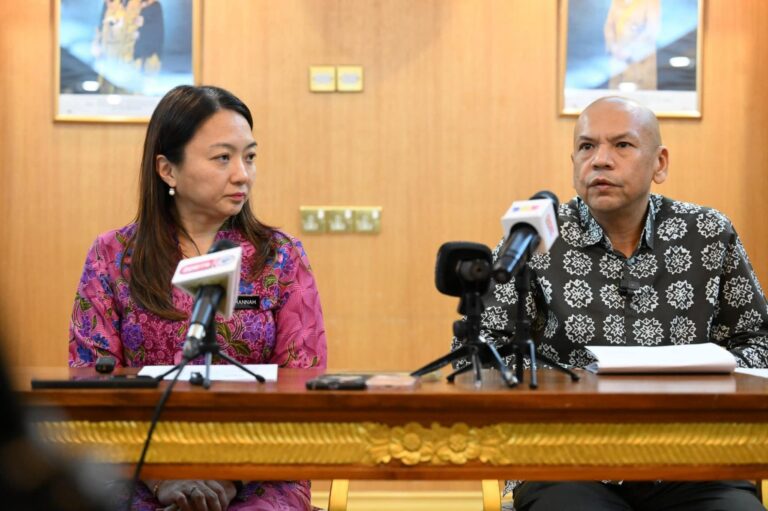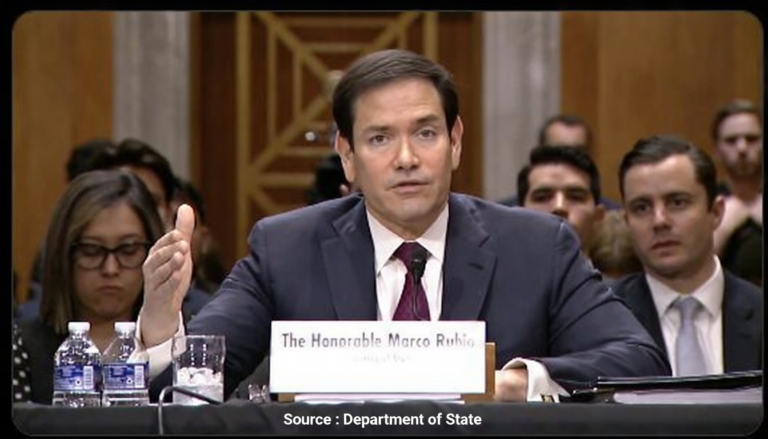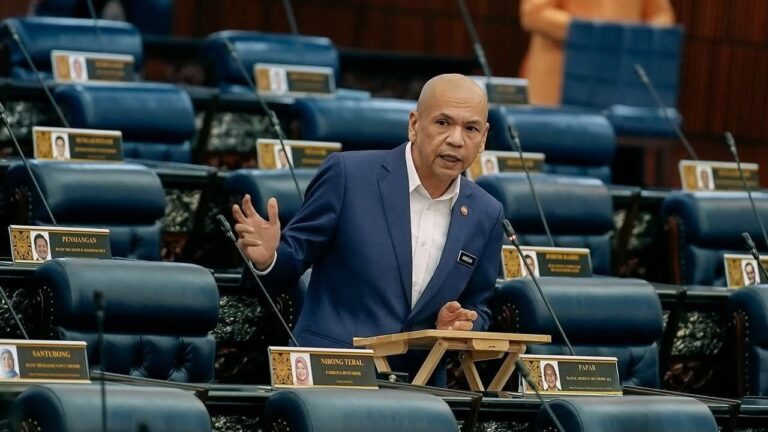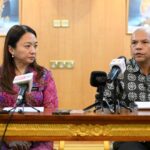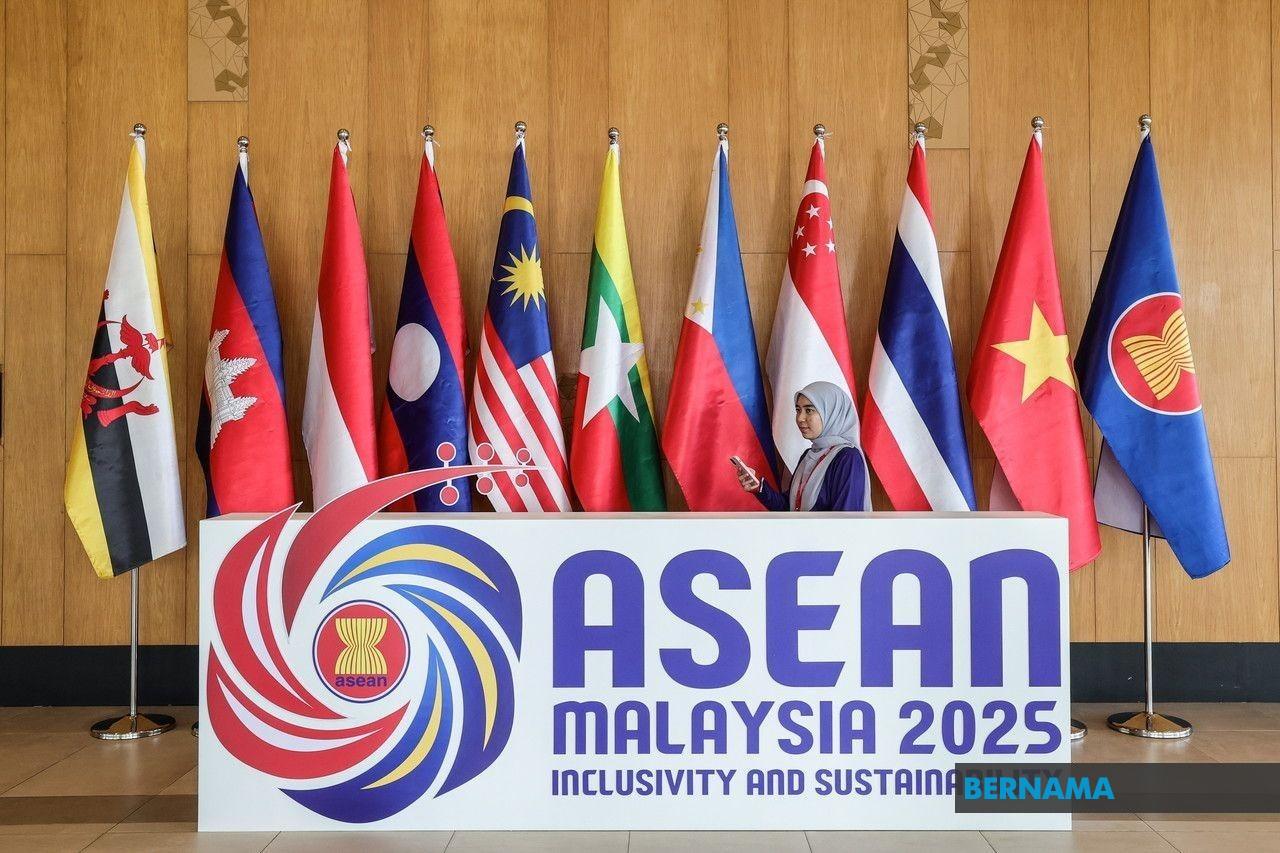
By Redza Zakaria
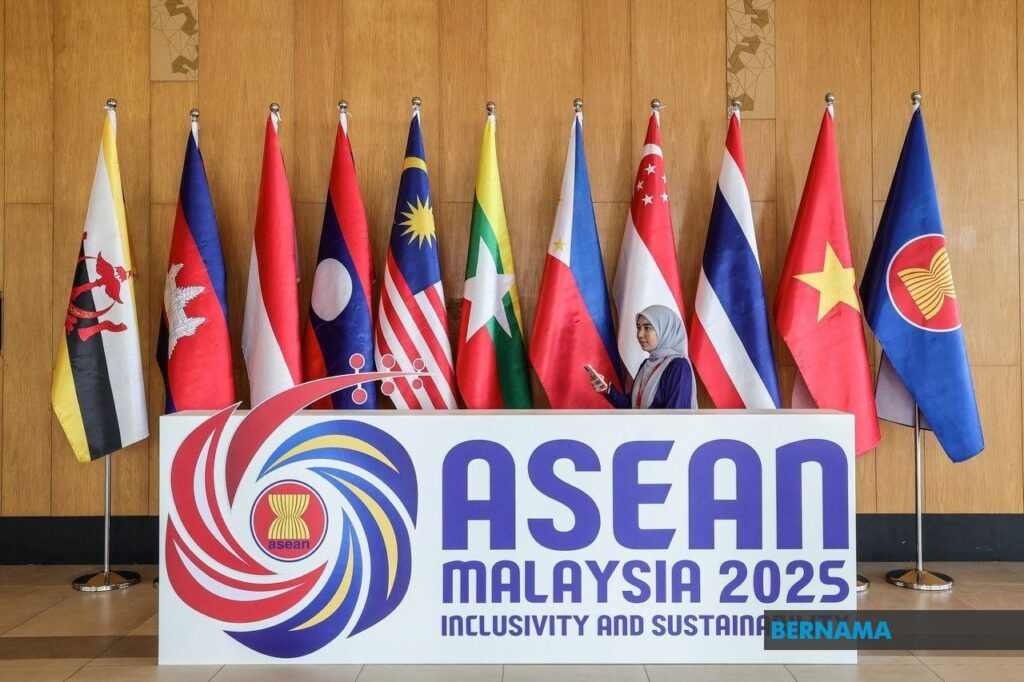
After several days of airstrikes launched by Thailand against Cambodian military targets along their long-disputed border, tensions reached their worst point in recent weeks. The conflict, rooted in historical territorial disagreements, escalated rapidly and resulted in significant casualties and displacement. However, the situation took a positive turn as both Thailand and Cambodia agreed to an immediate and unconditional ceasefire following five days of intense fighting. The clashes reportedly killed dozens of people and forced tens of thousands to flee their homes.
Malaysian Prime Minister, Dato’ Seri Anwar Ibrahim, welcomed the ceasefire, stating, “This is a vital first step towards de-escalation and the restoration of peace and security.” He further announced that the hostilities would officially cease at midnight, marking a hopeful milestone in efforts to stabilize the region and rebuild trust between the two neighbouring countries.
As Malaysia holds the ASEAN Chairmanship, this presents an excellent opportunity for the Prime Minister and the Government to showcase Malaysia’s diplomatic and negotiation capabilities. It positions Malaysia not only at the centre of regional attention but also reinforces the message that ASEAN is more than just a platform for visibility, it is a credible and effective forum for negotiation and conflict resolution.
From a legal standpoint, this strengthens the notion that Malaysia could serve as a forum conveniens, a suitable and convenient venue, for peaceful negotiations, whether among ASEAN member states or even involving non-member countries seeking neutral ground for dialogue. Thus, this would provide a good focal point for raising concerns without taking sides.
In English law, forum conveniens refers to the appropriate forum in which a case should be tried, based on what is most suitable for all parties and in the interest of justice. In the context of negotiations or dispute resolution, however, a forum conveniens can also be understood more broadly as a neutral and practical setting where parties can engage in constructive dialogue to reach a mutually beneficial, win-win agreement.
Within just one month, Malaysia has witnessed two high-level diplomatic engagements with significant regional and global implications. The most recent was the agreement between Thailand and Cambodia to implement an immediate and unconditional ceasefire after days of escalating conflict along their shared border, an event facilitated under the ASEAN framework.
The second notable event was the bilateral meeting between U.S. Secretary of State Marco Rubio and Chinese Foreign Minister Wang Yi, which took place on the 11th of July 2025, on the sidelines of the 58th ASEAN Foreign Ministers’ Meeting in Kuala Lumpur. Described by Rubio as “positive and constructive,” the meeting marked a key moment in the U.S.’s renewed strategic focus on the Indo-Pacific region, aiming to re-engage with Southeast Asia and rebalance its foreign policy attention beyond ongoing conflicts in the Middle East and Europe that had previously dominated the Trump administration’s agenda.
These developments highlight Malaysia’s growing role not only as a regional host but also as a proactive and respected player in international diplomacy, further validating its chairmanship and reinforcing ASEAN’s relevance in global affairs. Confidence in the current Malaysian Government is needed, particularly in how it emphasizes the value of negotiation and positions ASEAN as a key platform for dialogue, not just due to geographically, but as a vital regional hub for resolving critical issues. The meetings between Cambodia and Thailand showcased the importance of skilled negotiators. While U.S. President Donald Trump played a central role in initiating the process, the decision to hold the talks in Putrajaya underscores Malaysia’s strategic value as a neutral and trusted venue for high-stakes diplomacy.
By hosting these negotiations, Malaysia affirms its credibility as a mediator in Southeast Asia and enhances ASEAN’s capacity for peaceful dialogue and conflict resolution.

The author is a Deputy Head of Unit, Maritime Law, Policy and Governance at the Institute of Ocean and Earth Sciences (IOES), and Senior Lecturer at the Faculty of Law, Universiti Malaya.





